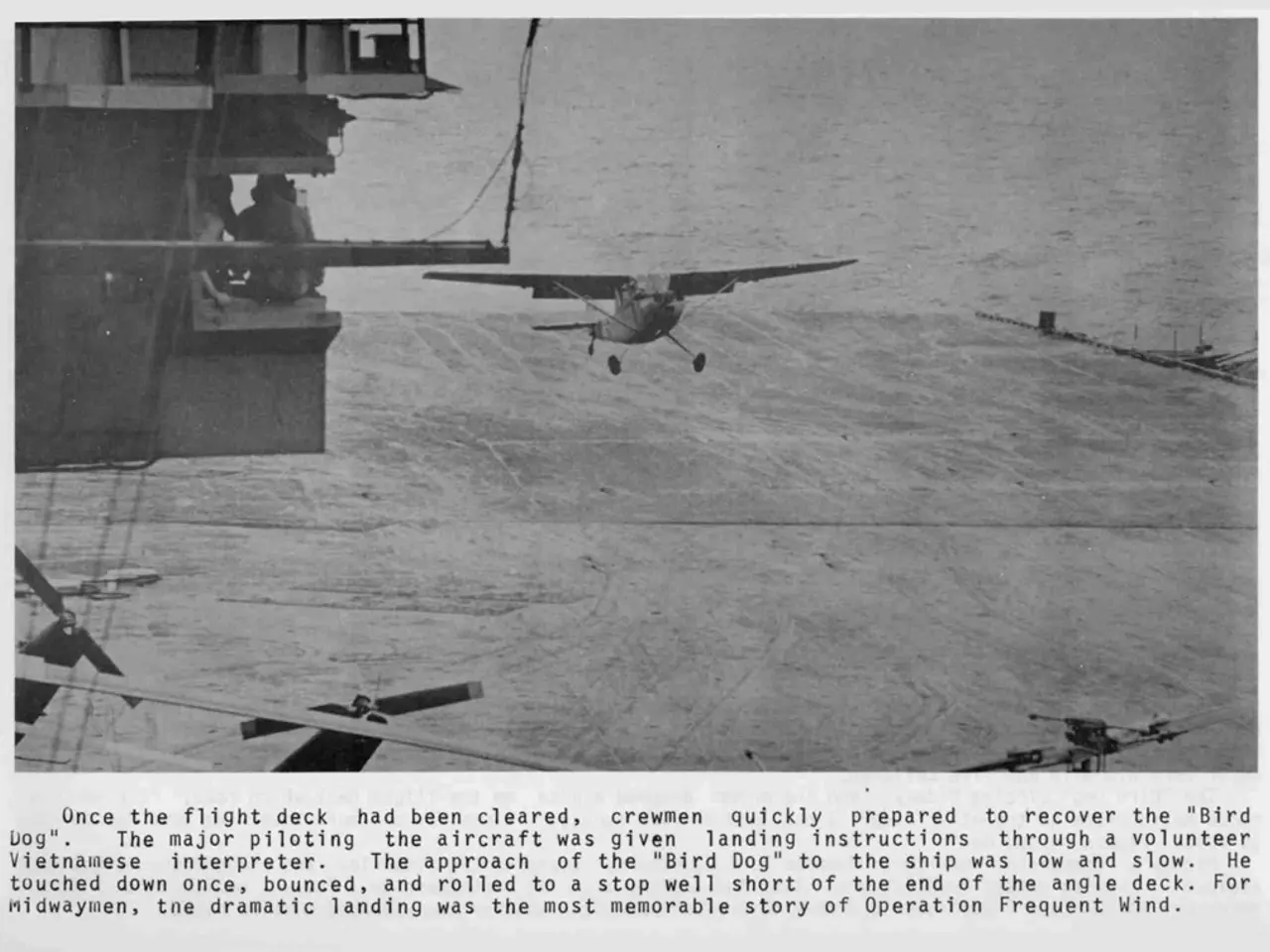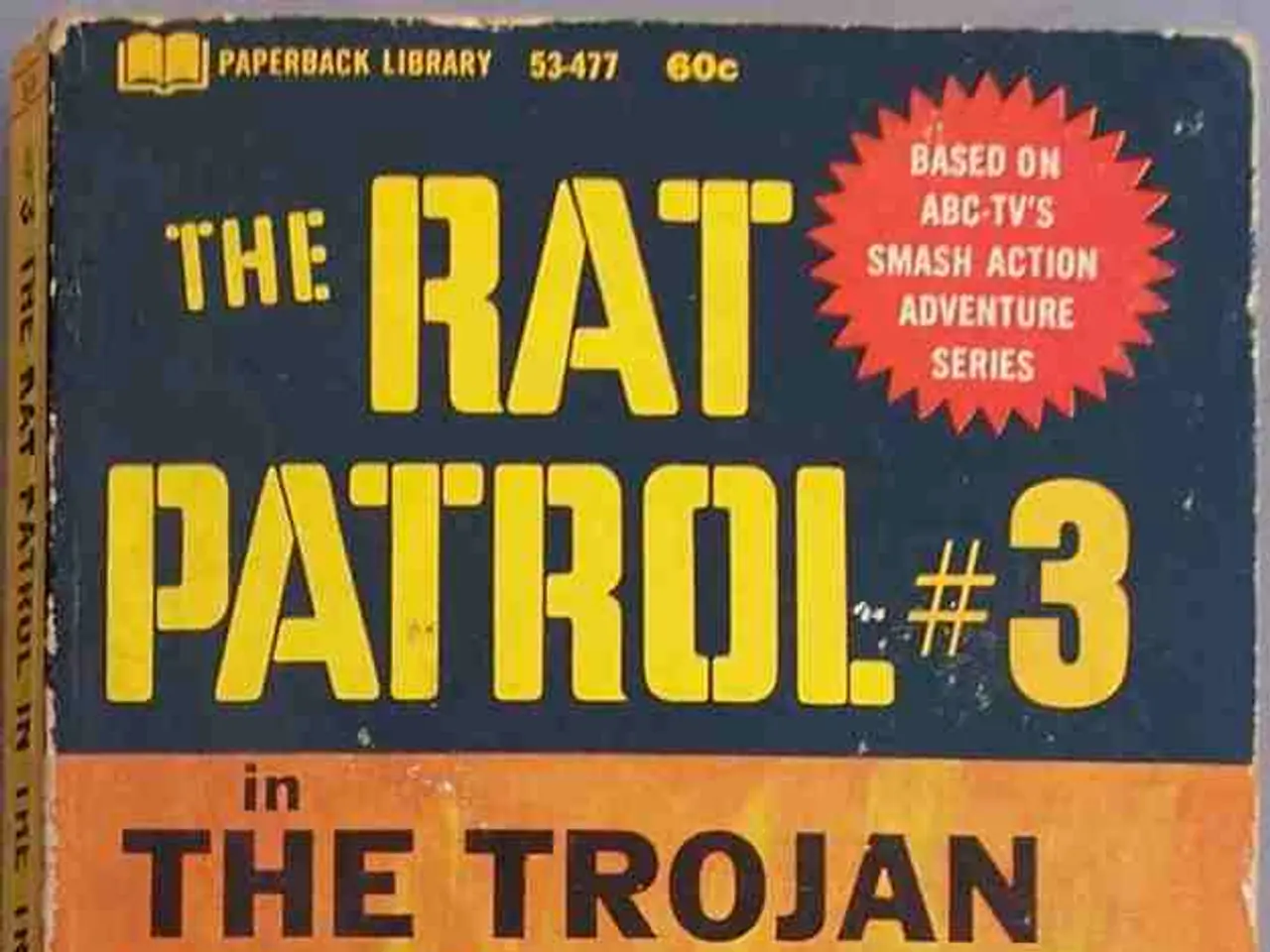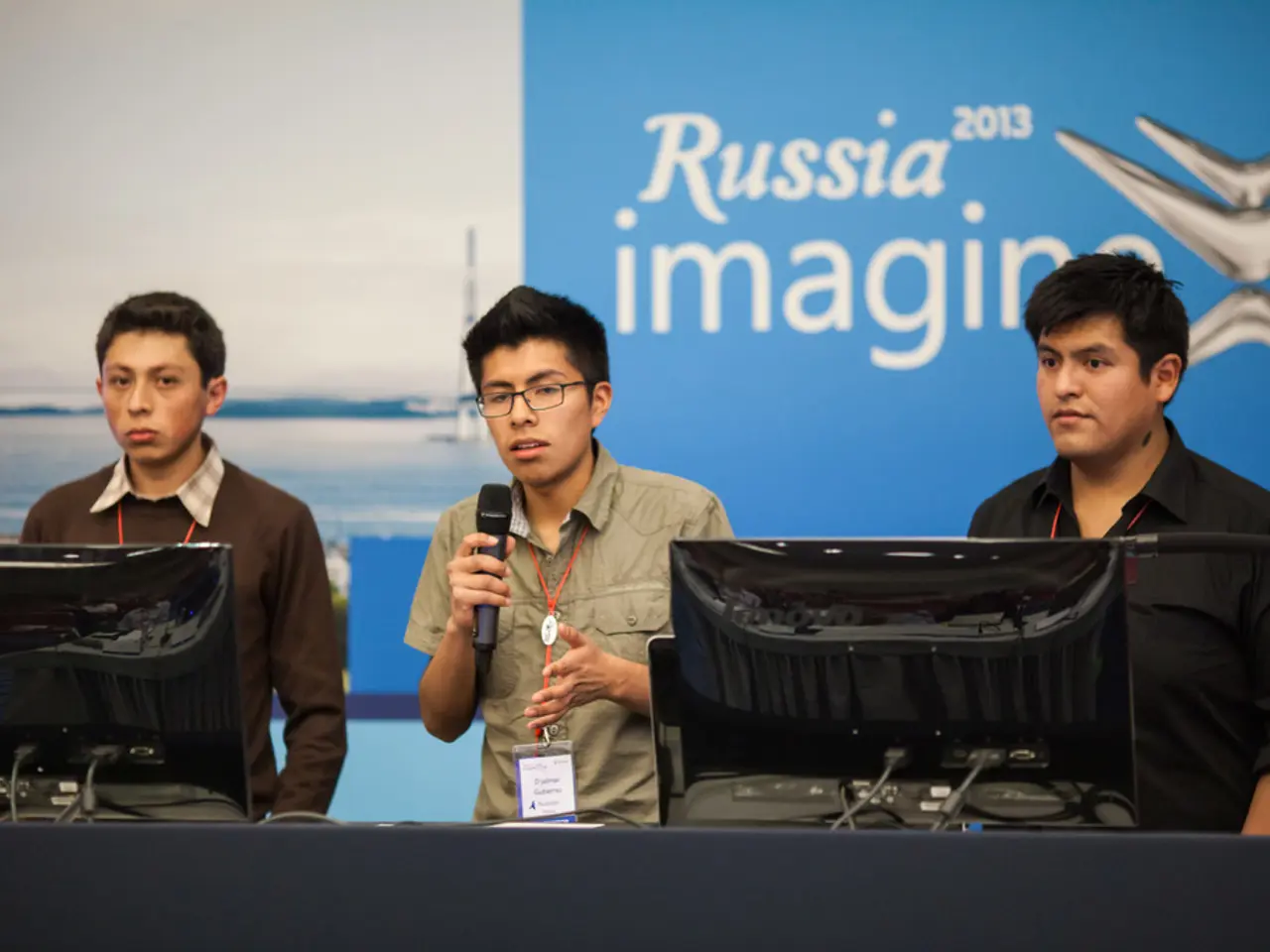Iranian uranium enrichment centrifuge facility bombarded by Israel
In an alarming turn of events, tensions between Iran and Israel are ratcheting up, with Israel taking a bold stance against Iran's nuclear program. In a series of air strikes on Iranian military targets, over 50 Israeli Air Force jets reportedly hit critical facilities in Iran's nuclear program.
These strikes targeted not only production sites for ground-to-ground and surface-to-air missiles but also sites producing raw materials and components for these missiles, as Iran was allegedly using them to launch attacks on Israel. Furthermore, Israeli forces reportedly attacked two Iranian centrifuge production sites - the TESA complex in Karaj and the Tehran Research Center.
The IAEA confirmed the attacks, stating that two buildings where various centrifuge components were produced were destroyed in Karaj, and a building where centrifuge rotor production and testing took place was hit in Tehran. Both sites were previously under IAEA monitoring as part of the 2015 Joint Comprehensive Plan of Action.
This latest escalation follows Israel's Operation "Wrath of the Lion," which was launched on June 13. Israeli Prime Minister Benjamin Netanyahu emphasized that the operation would continue "as long as necessary." He claimed that Iran has enriched uranium sufficient for nine nuclear bombs.
As of June 18, the conflict continues, with both countries exchanging strikes. The IRGC claimed that in the latest attack on Israel, first-generation Fateh missiles were used, which repeatedly breached Israeli air defenses, allowing Iran to gain full control of Israeli airspace. This claim, however, has not been independently verified.
This escalating conflict is reshaping the Middle East power dynamics, weakening Iran's regional network significantly. Recent direct confrontations between the two nations have weakened Iran's ability to inflict damage on Israel while Israel has inflicted notable damage on Iranian missile, nuclear sites, and air defenses. Iran has shown signs of weakness by initiating de-escalation moves in past direct confrontations, indicating the severe pressure it currently faces rather than a genuine desire for peace.
The situation remains volatile with intensified military engagements on both sides. Follow our Telegram channel @expert_mag for more updates on this developing story. #Iran #Israel #Conflicts
- Amidst the escalating tension in the Middle East, concerns about the global ramifications of this conflict are also rising, especially in relation to the potential impact on science and medical-conditions, as the fragile peace has disrupted ongoing research collaborations and medical aid efforts.
- The ongoing conflict between Iran and Israel has also stirred up financial uncertainty, as investors are closely monitoring the developing situation and considering possible implications on regional finance, with potential economic sanctions looming over both countries.
- In addition to the geopolitical consequences, the conflict's impact on general-news, sports, and cultural exchanges is becoming increasingly apparent, as travel advisories are being issued, athletic events are postponed or canceled, and diplomatic engagements are put on hold, with a palpable sense of unease hanging over the region.




